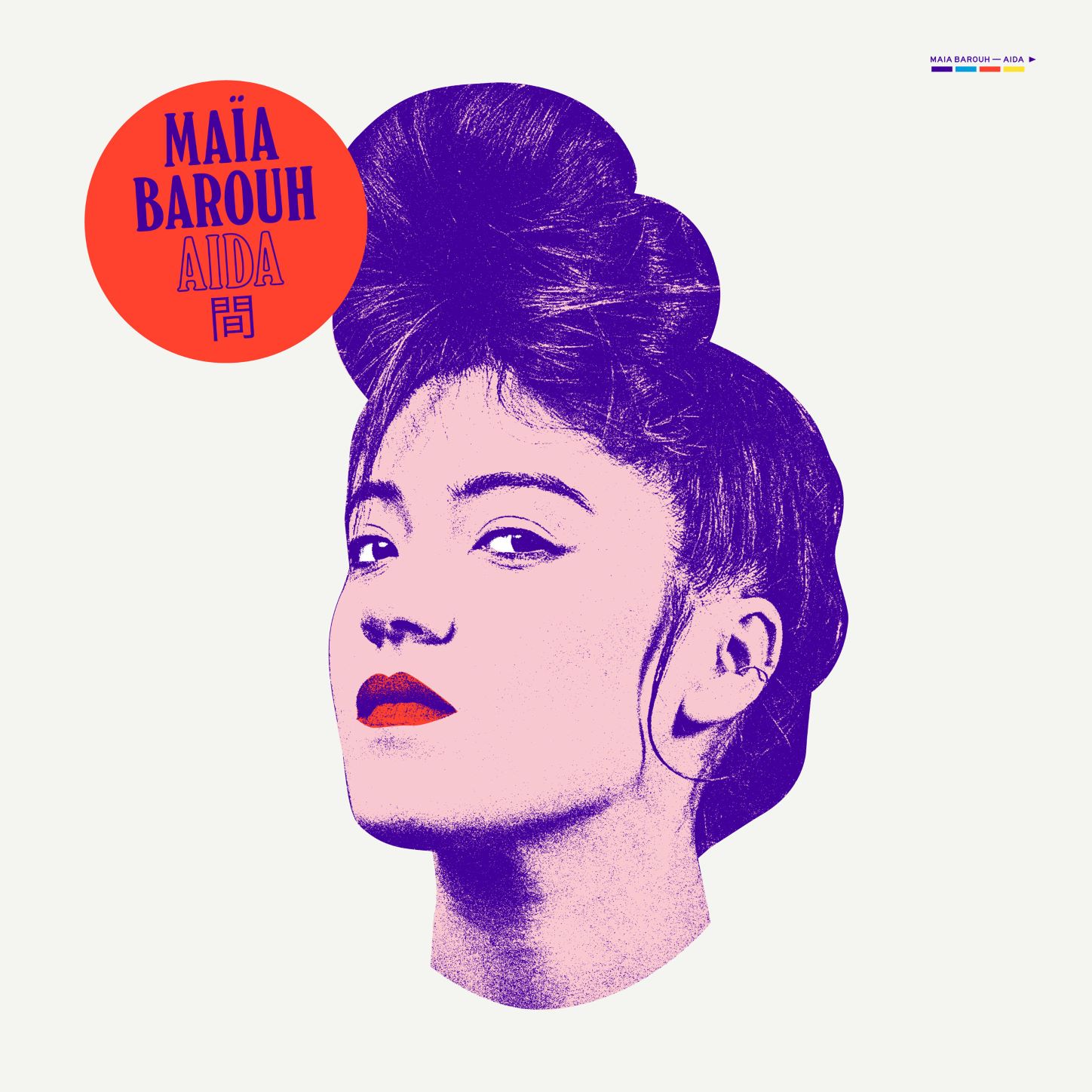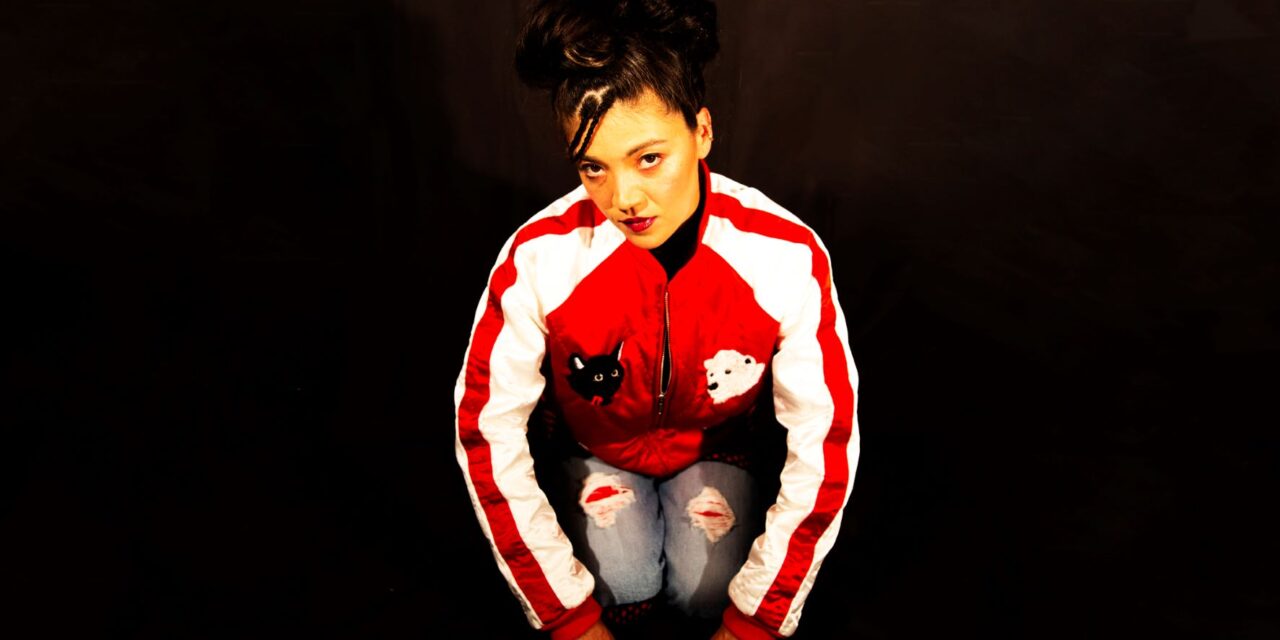Written, arranged, and produced by Maïa over the past few years, she has built a distinctive soundworld around her two main instruments, flute and voice. The resulting album is raw, spacious, and thought-provoking whilst also being playful, quirky, and sometimes disconcerting, for example when she explores anti-Asian racism and feminism.
“AIDA” is the new album by Maïa Barouh. Aida means “between” in Japanese: between France and Japan, between the mainland and the islands, between the ancient and the modern. The character for the word is 間, a sun caught between two doors and it also means “silence”.
“Hafu is a Japanese word derived from the English word “half”. That’s what us mixed race people are called, because we are “half” Japanese: a discriminatory term that evokes the racial heterogeneity of the archipelago.”
“Despite the increasing numbers of hafu in Japan and the more idealized image portrayed by TV stars, I continue to hear stories of hafu children and adults who are bullied at school and work because of their physical differences.”

“I remember a boy in a Japanese school called me “Hafujin” which means inhabitant of the country of the hafus. Well, OK then! Here is a hymn to the planet of hafus, which I dedicate to all half-breeds and all people who feel they are “in between”.”
“From a very young age, I have always had this feeling of being pleasingly lost between my two worlds. Music being like my 3rd identity, it allows me to express with sound this feeling of fragility and strength, of freedom and instability, of “not belonging.” Maia Barouch





